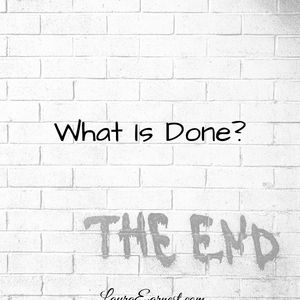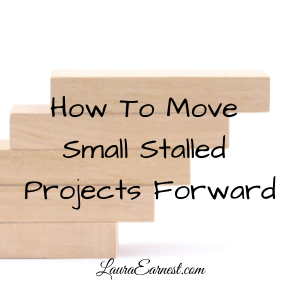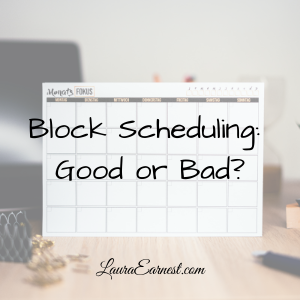Why I Keep My Work And Life In Separate Notebooks
There are a lot of productivity systems out there that insist that you have to keep everything in one place. There is a solid logic behind this stance: one place means you never have to decide where to put things, and you never have to figure out where to look. One life, one system.
But there is another side too. There are just as good reasons to maintain separate systems for work and non-work parts of your life. Today I will go over my reasons for maintaining two separate systems.
But there is another side too. There are just as good reasons to maintain separate systems for work and non-work parts of your life. Today I will go over my reasons for maintaining two separate systems.










